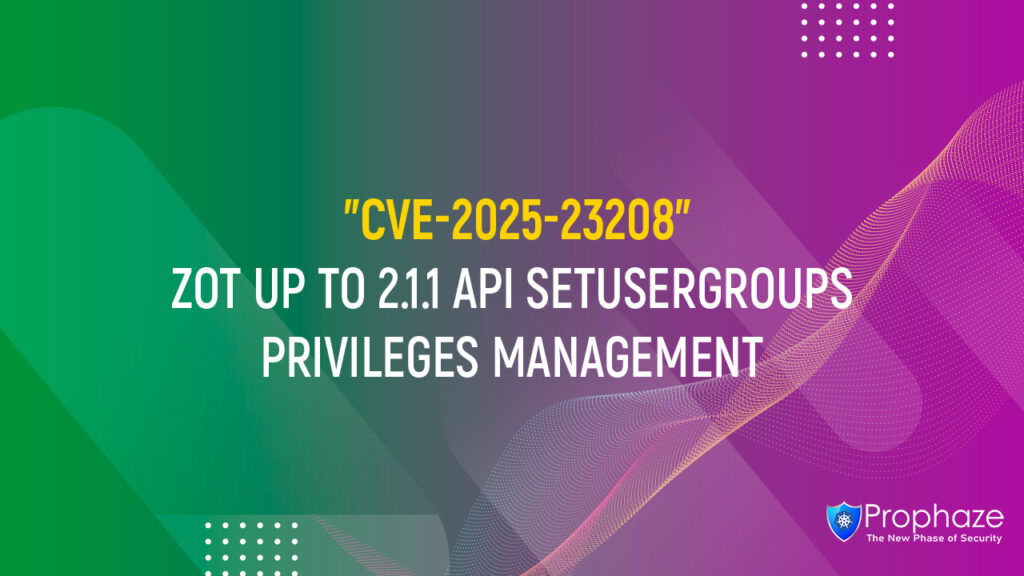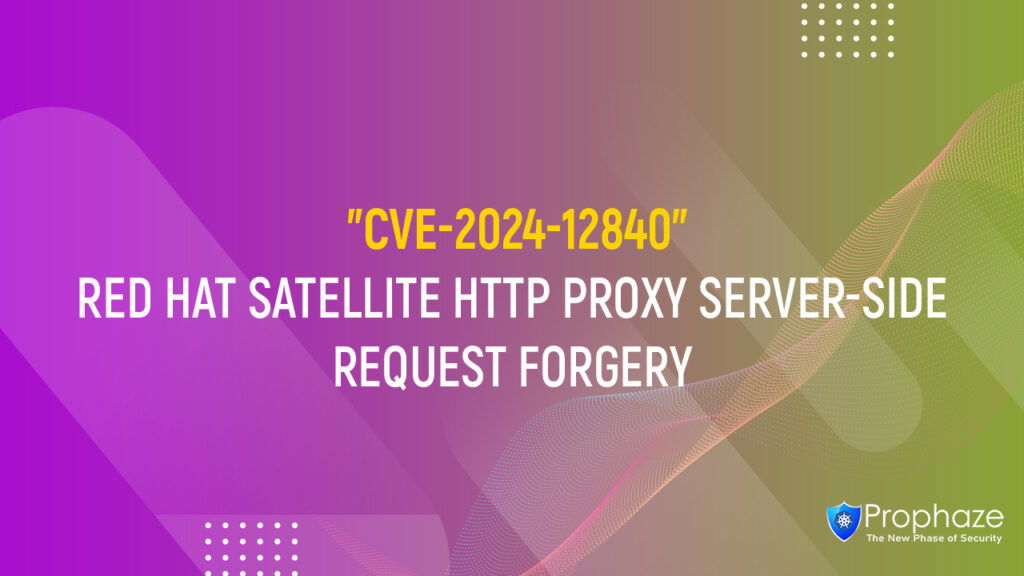Summary
Multiple vulnerabilities in the authentication mechanisms of Cisco Data Center Network Manager (DCNM) could allow an unauthenticated, remote attacker to bypass authentication and execute arbitrary actions with administrative privileges on an affected device.
This advisory is available at the following link:
https://tools.cisco.com/security/center/content/CiscoSecurityAdvisory/cisco-sa-20200102-dcnm-auth-bypass
Details
Three vulnerabilities in the authentication mechanisms of Cisco Data Center Network Manager (DCNM) could allow an unauthenticated, remote attacker to bypass authentication and execute arbitrary actions with administrative privileges on an affected device.
The vulnerabilities are not dependent on one another; exploitation of one of the vulnerabilities is not required to exploit another vulnerability. In addition, a software release that is affected by one of the vulnerabilities may not be affected by the other vulnerabilities.
Details about the vulnerabilities are as follows.
Vulnerability Details
Cisco Data Center Network Manager REST API Authentication Bypass Vulnerability
A vulnerability in the REST API endpoint of Cisco DCNM could allow an unauthenticated, remote attacker to bypass authentication on an affected device.
The vulnerability exists because a static encryption key is shared between installations. An attacker could exploit this vulnerability by using the static key to craft a valid session token. A successful exploit could allow the attacker to perform arbitrary actions through the REST API with administrative privileges.
CVE ID: CVE-2019-15975
Cisco Data Center Network Manager SOAP API Authentication Bypass Vulnerability
A vulnerability in the SOAP API endpoint of Cisco DCNM could allow an unauthenticated, remote attacker to bypass authentication on an affected device.
The vulnerability exists because a static encryption key is shared between installations. An attacker could exploit this vulnerability by using the static key to craft a valid session token. A successful exploit could allow the attacker to perform arbitrary actions through the SOAP API with administrative privileges.
CVE ID: CVE-2019-15976
Cisco Data Center Network Manager Authentication Bypass Vulnerability
A vulnerability in the web-based management interface of Cisco DCNM could allow an unauthenticated, remote attacker to bypass authentication on an affected device.
The vulnerability is due to the presence of static credentials. An attacker could exploit this vulnerability by using the static credentials to authenticate against the user interface. A successful exploit could allow the attacker to access a specific section of the web interface and obtain certain confidential information from an affected device. This information could be used to conduct further attacks against the system.
CVE ID: CVE-2019-15977
Workarounds
There are no workarounds that address these vulnerabilities.
Fixed Software
Cisco has released free software updates that address the vulnerabilities described in this advisory. Customers may only install and expect support for software versions and feature sets for which they have purchased a license. By installing, downloading, accessing, or otherwise using such software upgrades, customers agree to follow the terms of the Cisco software license:
https://www.cisco.com/c/en/us/products/end-user-license-agreement.html
Additionally, customers may only download software for which they have a valid license, procured from Cisco directly, or through a Cisco authorized reseller or partner. In most cases this will be a maintenance upgrade to software that was previously purchased. Free security software updates do not entitle customers to a new software license, additional software feature sets, or major revision upgrades.
When considering software upgrades, customers are advised to regularly consult the advisories for Cisco products, which are available from the Cisco Security Advisories and Alerts page, to determine exposure and a complete upgrade solution.
In all cases, customers should ensure that the devices to be upgraded contain sufficient memory and confirm that current hardware and software configurations will continue to be supported properly by the new release. If the information is not clear, customers are advised to contact the Cisco Technical Assistance Center (TAC) or their contracted maintenance providers.
Customers Without Service Contracts
Customers who purchase directly from Cisco but do not hold a Cisco service contract and customers who make purchases through third-party vendors but are unsuccessful in obtaining fixed software through their point of sale should obtain upgrades by contacting the Cisco TAC:
https://www.cisco.com/c/en/us/support/web/tsd-cisco-worldwide-contacts.html
Customers should have the product serial number available and be prepared to provide the URL of this advisory as evidence of entitlement to a free upgrade.
Fixed Releases
Cisco fixed these vulnerabilities in Cisco DCNM Software releases 11.3(1) and later.
To download the software from the Software Center on Cisco.com, do the following:
Click Browse All.
Choose Cloud and Systems Management > Data Center Infrastructure Management > Data Center Network Manager.
Choose a release from the left pane of the Data Center Network Manager page.
Exploitation and Public Announcements
The Cisco Product Security Incident Response Team (PSIRT) is not aware of any public announcements or malicious use of the vulnerabilities that are described in this advisory.
Source
Cisco would like to thank Steven Seeley (mr_me) of Source Incite, working with Trend Micro’s Zero Day Initiative, for reporting these vulnerabilities.
URL
https://tools.cisco.com/security/center/content/CiscoSecurityAdvisory/cisco-sa-20200102-dcnm-auth-bypass




